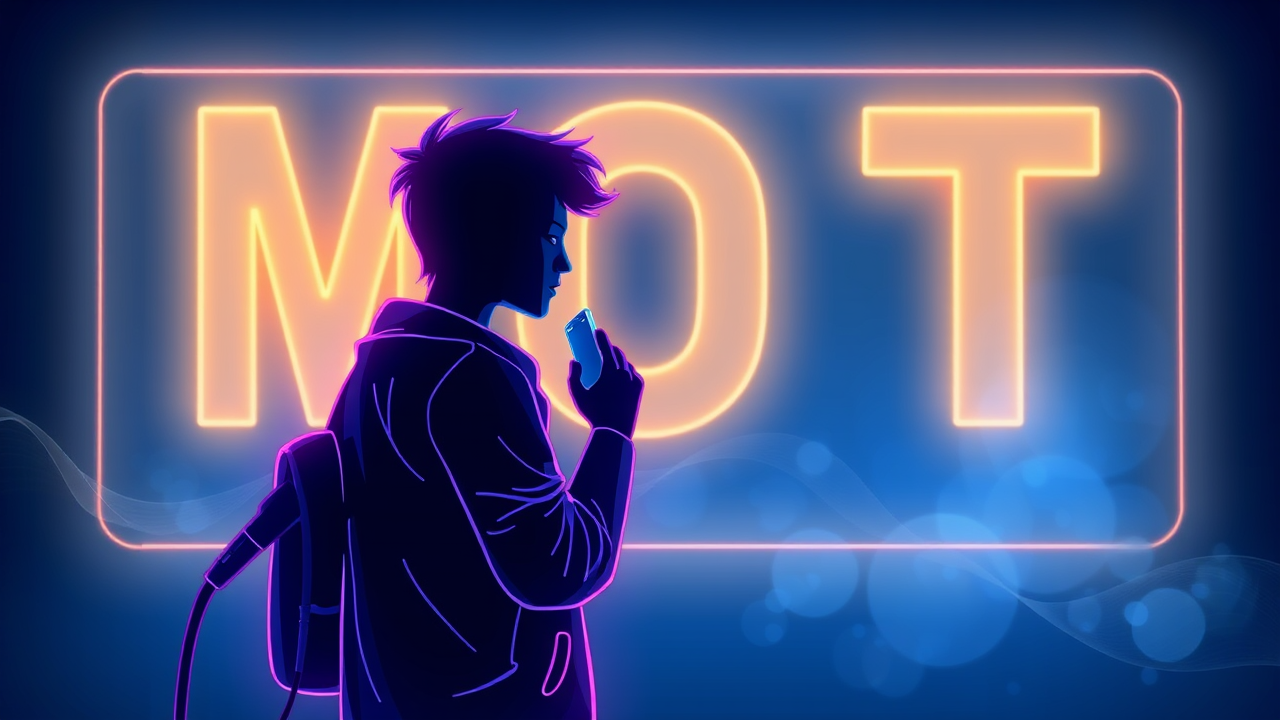Spotify and ChatGPT Integration for Music Recommendations
The digital soundscape is set for its most profound remix yet, as the announcement that Spotify will integrate directly with ChatGPT from October 6, 2025, effectively turns every music library into a conversational partner. Imagine the scene: instead of endlessly scrolling through mood-based playlists or relying on an algorithm that sometimes feels like it has a one-track mind, you can simply lean into your microphone and ask, 'Hey, ChatGPT, what do you think I should listen to next if this is my favorite Spotify playlist?' This isn't just a feature update; it's a fundamental shift in how we interact with the very fabric of our musical identities, a bridge built between the raw data of our listening habits and the nuanced, contextual understanding of a large language model.The most democratizing note in this new symphony is that the integration will be available to both Spotify Premium and free-tier users, a strategic masterstroke that opens the floodgates to a massive, diverse user base and avoids creating a two-tiered auditory class system. This move feels like the natural evolution of a journey that began with Spotify's own AI DJ, Xavier, and the song radio features, but it leaps forward by externalizing the curation engine, placing it in the hands of a system that knows the world beyond just your playlists.The potential here is staggering—ChatGPT could cross-reference your musical taste with the plot of the book you're reading, the film you just saw, or the historical period you're studying, crafting a soundtrack that is not just a collection of songs but a deeply personalized narrative. Think of the crate-digging vinyl enthusiasts of the past, whose expertise allowed them to pull a perfect, obscure B-side to match the mood of a room; ChatGPT is poised to become that digital savant for millions, but with access to the entirety of recorded music history.Of course, the fine print, which the initial report hints at with a surprising cliffhanger, will be crucial. The questions of data privacy loom large—exactly what listening data is being shared, how is it being processed, and who ultimately owns the musical profile that is constructed from this dialogue? Furthermore, this partnership challenges the very business models of legacy players like Apple Music and Amazon Music, who have largely kept their ecosystems closed, and it raises fascinating questions about the future of music criticism and discovery.Will human curators and music bloggers become obsolete, or will their role evolve to train and critique these AI systems? The integration also promises to be a boon for independent artists, as a truly intelligent system could bypass mainstream chart dominance to connect a listener with a niche artist from another continent whose sound perfectly aligns with an obscure track in their 'On Repeat' playlist. This isn't merely a convenience; it's the next movement in the long composition of music consumption, moving from physical media to digital files to streaming access, and now, to conversational discovery. As we approach October 2025, the industry is holding its breath, waiting to see if this collaboration will be a harmonious hit or a dissonant miss, but one thing is certain: the way we find our next favorite song is about to change its tune forever.
Latest News
It’s quiet here...Start the conversation by leaving the first comment.
